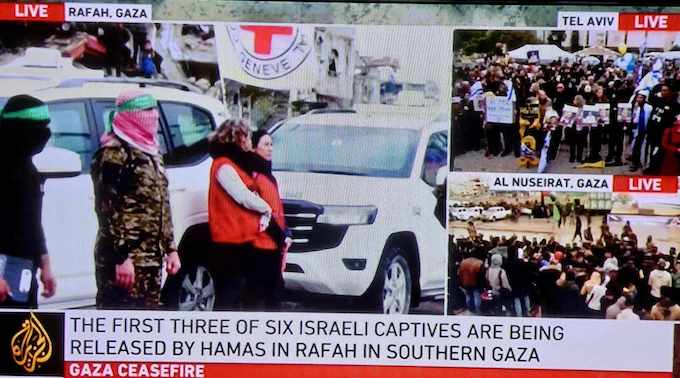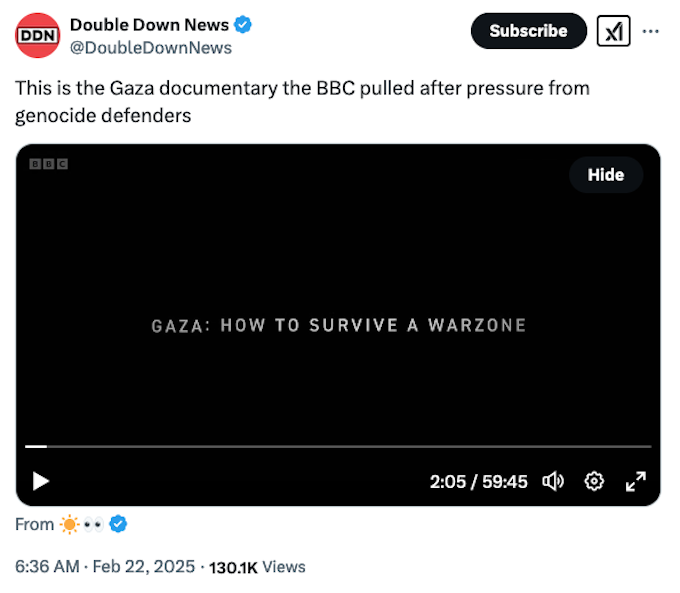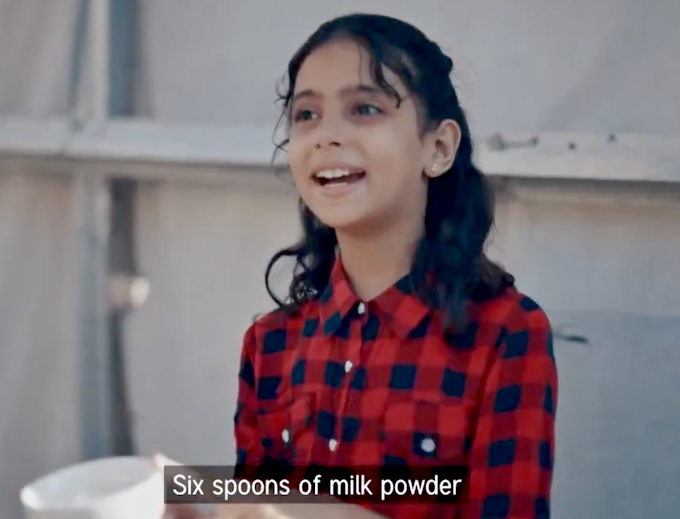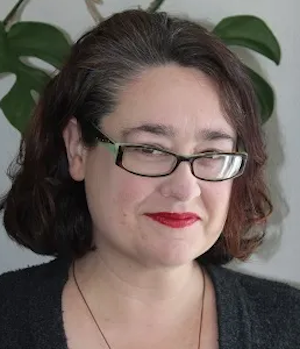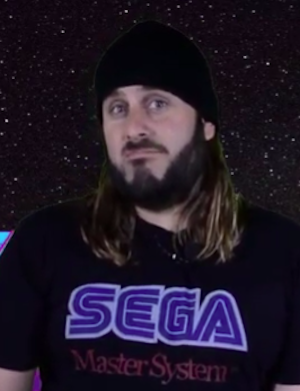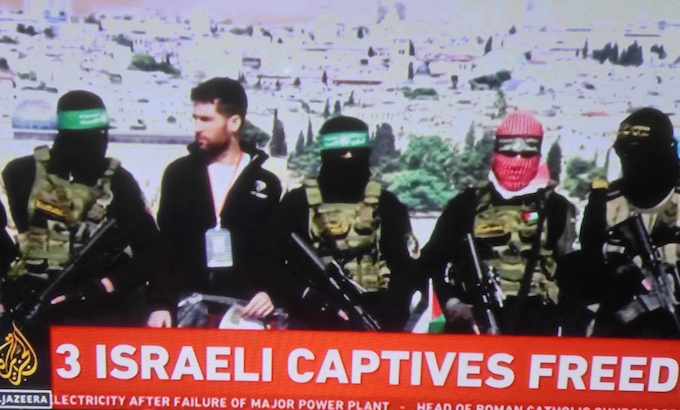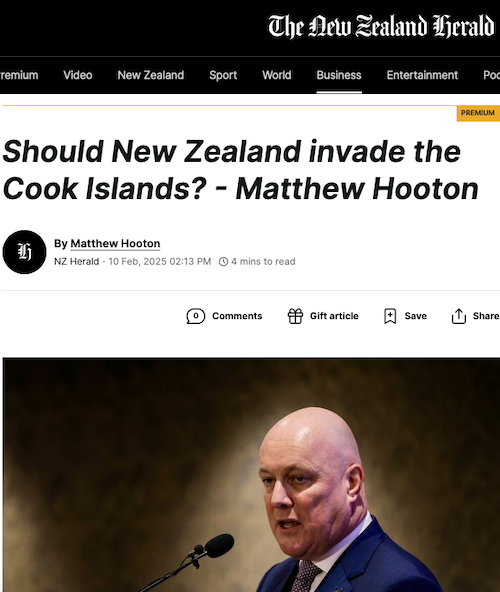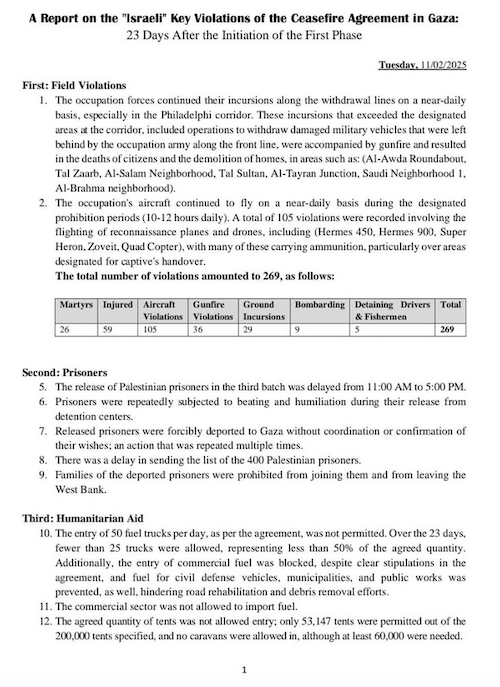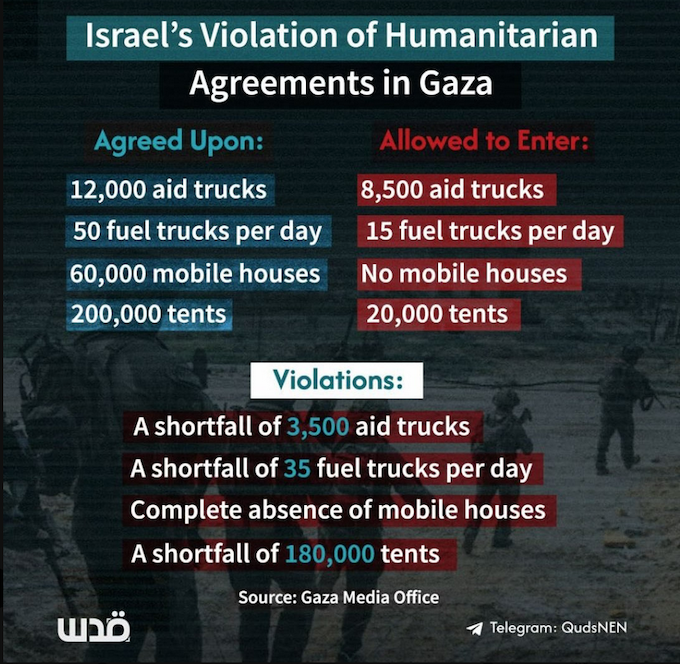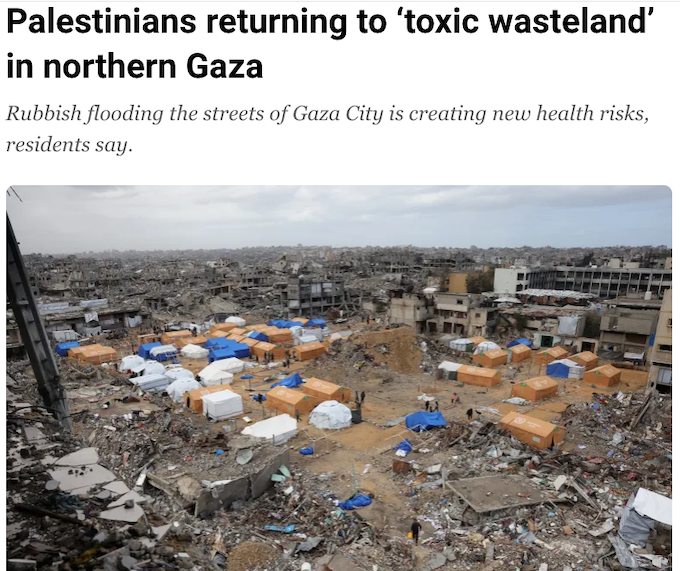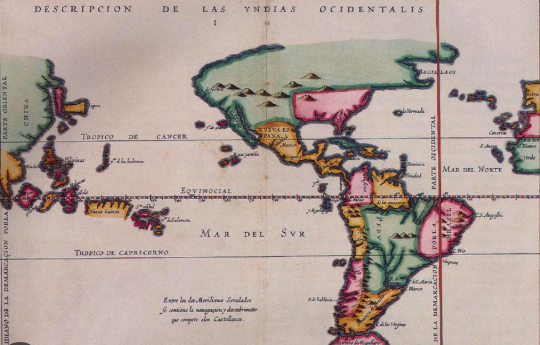Asia Pacific Report
The State of Palestine has submitted a written plea to the International Court of Justice (ICJ) asking it for an advisory opinion regarding Israel’s obligations not to obstruct humanitarian and development assistance in the territories it occupies, Al Jazeera reports.
In the submission, Palestinian officials affirmed the responsibility of Israel, as an occupying power, to not obstruct the work of the UN, international organisations, and third states so they can provide essential services, humanitarian aid, and development assistance to the Palestinian people.
Many states, as well as international groups, have submitted written pleas to the ICJ ahead of oral proceedings set to start next month.
- READ MORE: Israel threatens a second Nakba, yet denies the first ever happened
- First phase of Israel-Hamas ceasefire ends with no deal
Last July, the ICJ issued a historic advisory opinion determining Israel’s continued presence in the occupied Palestinian territory is unlawful and should come to an end “as rapidly as possible”.
Widespread ‘torture’ of Gaza medics in Israeli custody
In a separate report, the Israeli branch of Physicians for Human Rights accused the Israeli military of detaining more than 250 medical personnel and support staff since the beginning of the war on Gaza in October 2023.
More than 180 remained in detention without a clear indication of when or if they would be released, the physicians’ report said.
“Detainees endure physical, psychological and sexual abuse as well as starvation and medical neglect amounting to torture,” the report said, denouncing a “deeply ingrained policy”.
Healthcare workers were beaten, threatened, and forced to sign documents in Hebrew during their detention, according to the report based on 20 testimonies collected in prison.
“Medical personnel were primarily questioned about the Israeli hostages, tunnels, hospital structures and Hamas’s activity,” it said.
“They were rarely asked questions linking them to any criminal activity, nor were they presented with substantive charges.”
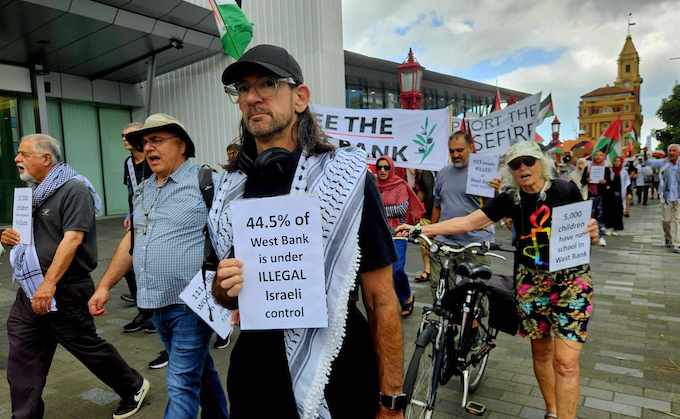
Where does Trump stand on the Gaza ceasefire?
With phase one of the ceasefire due to end today and negotiations barely started on phase two, serious fears are being raised over the viability of the ceasefire.
President Donald Trump took credit for the truce that his Middle East envoy Steve Witkoff helped push across the finish line after a year of negotiations led by the Biden administration, Egypt and Qatar, reports Al Jazeera.
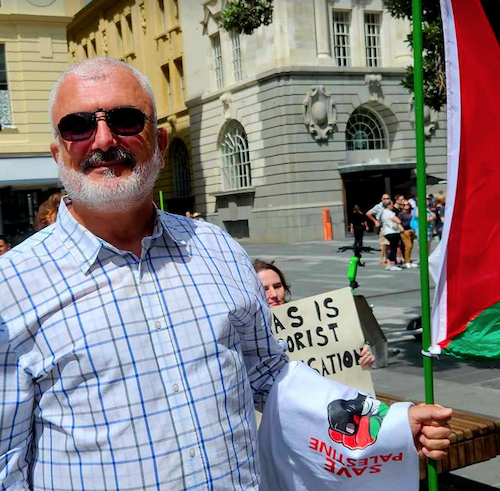
However, Trump has since sent mixed signals about the deal.
Earlier last month, he set a firm deadline for Hamas to release all the captives, warning “all hell is going to break out” if it didn’t.
But he said it was ultimately up to Israel, and the deadline came and went.
Trump sowed further confusion by proposing that Gaza’s population of about 2.3 million be relocated to other countries and for the US to take over the territory and develop it.
Israeli Prime Minister Benjamin Netanyahu welcomed the idea, but it was universally rejected by Palestinians and Arab countries, including close US allies. Human rights groups said it could violate international law.
Trump stood by the plan in a Fox News interview over the weekend but said he was “not forcing it”.
Responding to DAWN’s referral of Biden, Blinken & Austin to the ICC for investigation for aiding Israeli war crimes, @alhaq_org‘s @SJabaren says:
“Finally, we see an effort to hold” accountable “US officials who have armed, financed and politically defended Israeli atrocities.” pic.twitter.com/yCpRaogE2I
— DAWN MENA (@DAWNmenaorg) February 28, 2025
‘Finally’ an effort to hold the US accountable, says Al-Haq director
Palestinian human rights activist Shawan Jabarin has welcomed a plea by the US-based rights group DAWN for the International Criminal Court (ICC) to investigate Joe Biden and senior US officials for aiding Israeli war crimes in Gaza.
In a video posted by DAWN, Jabarin, director of the Palestinian rights group Al-Haq, said the effort was long overdue.
“For decades we have called on the international community to hold Israel accountable for its violations of international law, but time and again, the US has used its power and influence to block that accountability, to shield Israel from consequences and to ensure that it can continue its crimes with impunity,” Jabarin said.
“Now, finally, we see an effort to hold not just Israeli officials accountable but also those who have made these crimes possible: US officials who have armed, financed, and politically defended Israeli atrocities.”
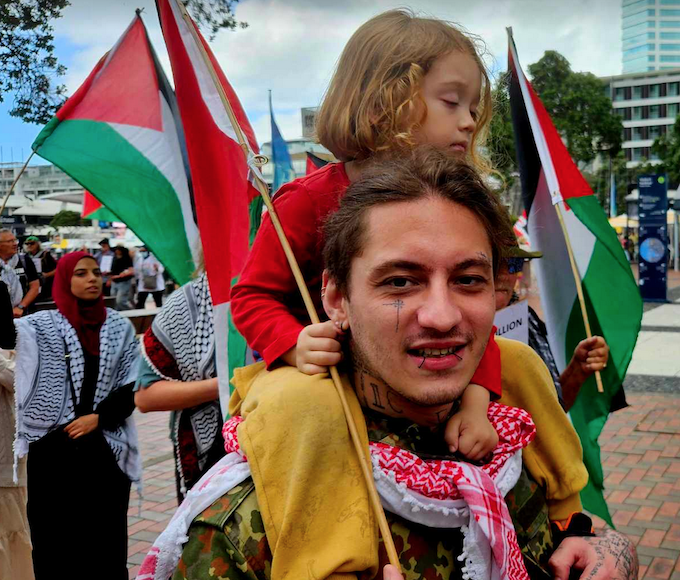
This post was originally published on Asia Pacific Report.
 LIVE updates
LIVE updates 
